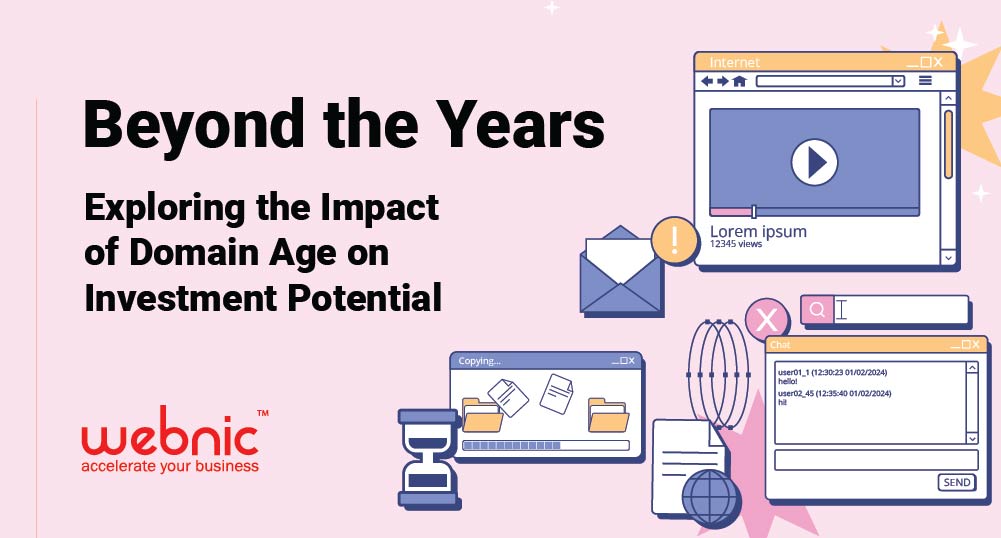In the dynamic world of online ventures, where digital real estate is as valuable as physical property, investors are continually seeking ways to identify high-potential domains. While various metrics come into play, one that often sparks debate and discussion is domain age. Is the age of a domain a reliable indicator of its investment potential? In this exploration, we delve into the nuances of domain age and its impact on strategic investments.
The Perception of Stability
In the realm of domain investing, there’s a widely held belief that older domains convey a sense of stability and credibility. The notion is grounded in the idea that a domain with a history of enduring the ever-changing landscape of the internet is perceived as more trustworthy by users and search engines alike. This perceived stability not only influences user trust but can also impact the success of a website hosted on the domain, making it an attractive prospect for investors. Users often associate longevity with reliability, and this trust can lead to increased engagement and repeat visits. From an investor’s perspective, the allure of a domain that has weathered the storms of the internet lies in the perceived lower risk and potential for sustained success.
However, investors must approach this perception with a balanced perspective. While domain age contributes to a sense of stability, it should not be the sole factor driving investment decisions. Factors such as the relevance of content, user experience, and adaptability to current industry trends also play crucial roles in the overall success of a domain. In the dynamic digital landscape, a holistic approach that considers multiple factors ensures a well-informed and strategic approach to domain investing.

Search Engine Favoritism
Search engines play a pivotal role in determining the visibility and success of a website. Many argue that older domains are more likely to garner favour from search engines. The reasoning behind this lies in the historical data associated with aged domains. Search engines may consider older domains as having a more established online presence, potentially leading to higher rankings in search results.
However, it’s essential to note that search engine algorithms are complex and multifaceted, considering a plethora of factors beyond just domain age. Quality content, relevant keywords, and user experience remain crucial components of search engine optimisation (SEO), and they can offset the advantage of an older domain.

The Evolution of Industry Trends
While an older domain may carry a sense of reliability, it’s crucial to consider the ever-evolving nature of industry trends. In the fast-paced digital landscape, what was popular or relevant a decade ago might not hold the same weight today. Investors need to assess whether an older domain aligns with current market trends and user preferences.
An older domain may come with outdated content or technologies that could hinder its performance. Regular updates and adaptations to contemporary standards are essential for any website’s success, regardless of its age.

Potential Drawbacks of Newer Domains
While the discussion often centres around the advantages of older domains, newer domains should be noticed. Modern domains can bring a fresh perspective and adaptability to emerging trends. They might be free of any historical baggage and can quickly adopt the latest technologies and strategies.
Newer domains also provide investors with the opportunity to build their brand from the ground up without being constrained by any pre-existing reputation. This flexibility can be advantageous in crafting a unique and relevant online identity.

A Balanced Approach
In the realm of domain investing, there is no one-size-fits-all answer. While domain age can offer insights into a domain’s history and potential stability, it should not be the sole determinant of investment decisions. A holistic approach that considers a combination of factors, including content quality, relevance, industry trends, and user experience, is key to making informed investment choices.
Ultimately, successful domain investing requires a keen understanding of the digital landscape, a forward-thinking mindset, and the ability to adapt to changing dynamics. Whether old or new, a domain’s true potential lies in its ability to meet the demands of the present and anticipate the needs of the future. As investors navigate the vast virtual terrain, they must look beyond the years and embrace a comprehensive perspective to unlock the full potential of their digital investments.

